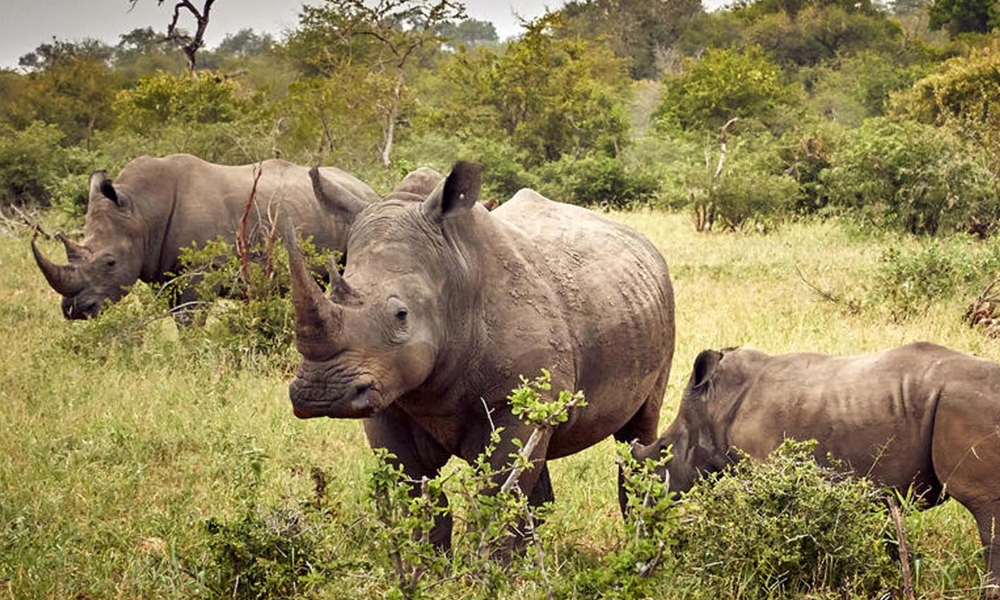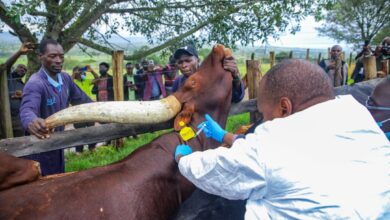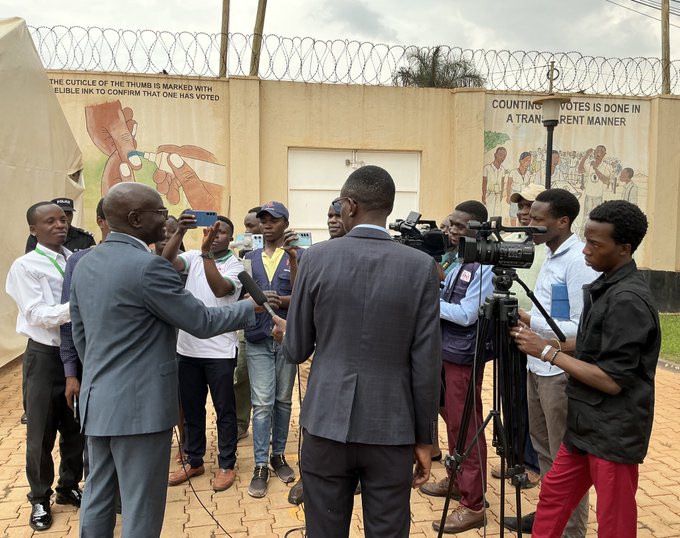Trump’s election victory poses economic uncertainties for Uganda
In the wake of Donald Trump’s election victory, Uganda faces potential economic shifts as the U.S. resumes Trump’s “America First” policy, which emphasizes domestic investment and has historically impacted international trade and foreign aid.

In the wake of Donald Trump’s election victory, Uganda faces potential economic shifts as the U.S. resumes Trump’s “America First” policy, which emphasizes domestic investment and has historically impacted international trade and foreign aid.
Trade relations and AGOA re-evaluation
Under Trump’s prior administration, Uganda’s eligibility for the African Growth and Opportunity Act (AGOA) which allows certain African exports duty-free access to U.S. markets was scrutinized due to trade practices, particularly restrictions on used clothing imports.
With Trump back in office, the U.S. could once again review Uganda’s AGOA status, posing potential challenges to Uganda’s exports.
Foreign Direct Investment Slowdown
Trump’s protectionist policies could reduce foreign direct investment (FDI) flows into Uganda, with less emphasis on U.S.-backed infrastructure projects.
Ugandan sectors dependent on FDI may face hurdles in securing funding, potentially affecting economic growth and key infrastructure plans.
Global Market Instability for Key Exports
Trump’s return could mean further protectionist trade policies, such as tariffs, that may disrupt global trade dynamics and reduce demand for commodities. Uganda’s export economy, which relies on coffee, minerals, and agricultural products, might see fluctuations as global demand shifts, affecting both revenue and trade balance.
Potential Cuts to Development Aid
Previously, Trump’s administration proposed cuts to foreign aid, impacting countries that rely on development assistance for health, education, and infrastructure. With the possibility of reduced aid, Uganda’s social sectors may face funding shortfalls, pressuring the government to seek alternative support from other international donors or internal resources.
Geopolitical Balancing Act with China
As Trump’s administration has previously taken a strong stance on China, Uganda could feel diplomatic pressures, given China’s significant investments in the country. The potential for increased U.S.-China tensions may require Uganda to carefully manage its relations with both superpowers to maintain economic stability.
While Trump’s policies pose uncertainties, Uganda’s strategy of building diversified international partnerships may provide stability amidst changing U.S. policies.







